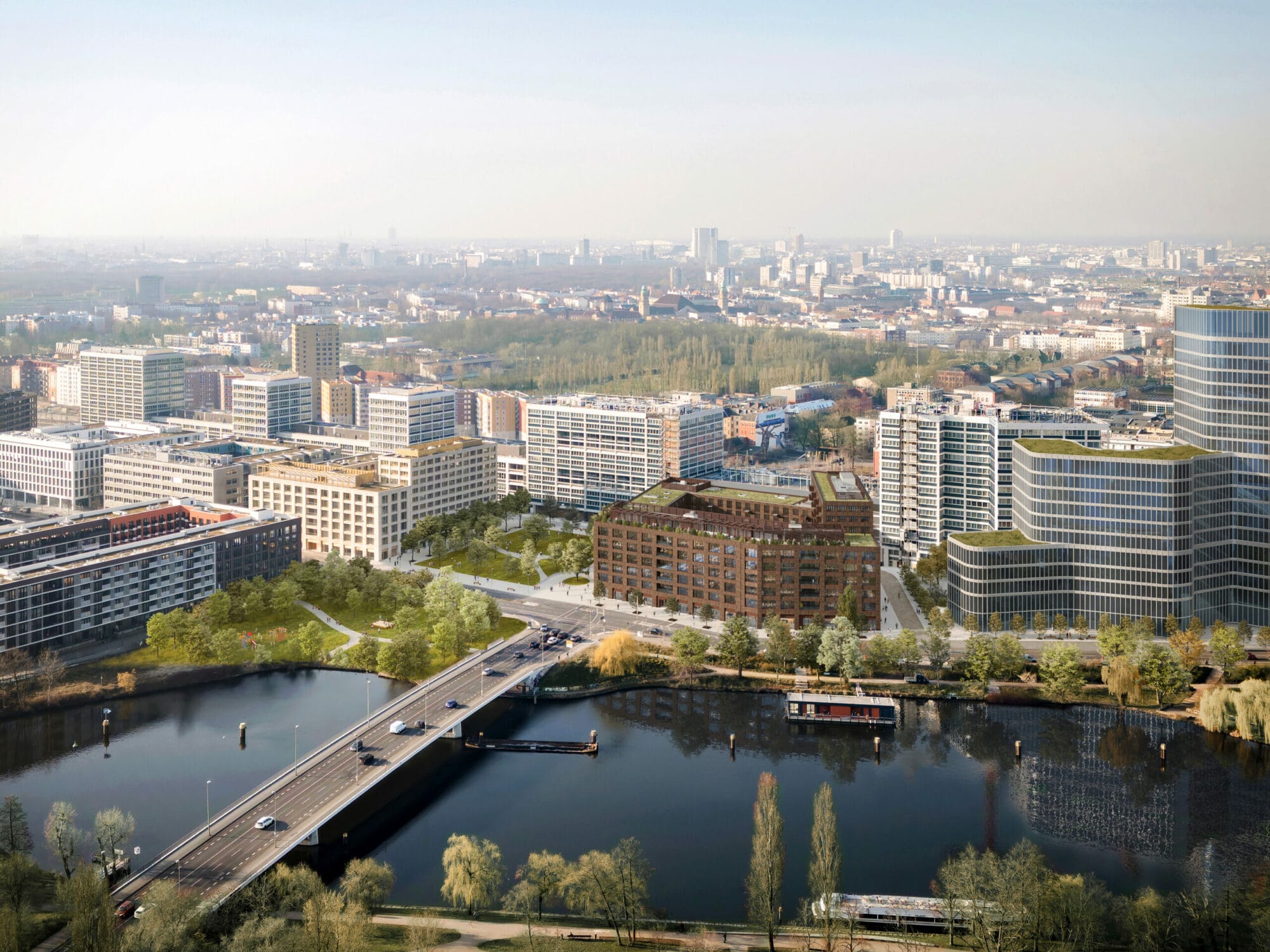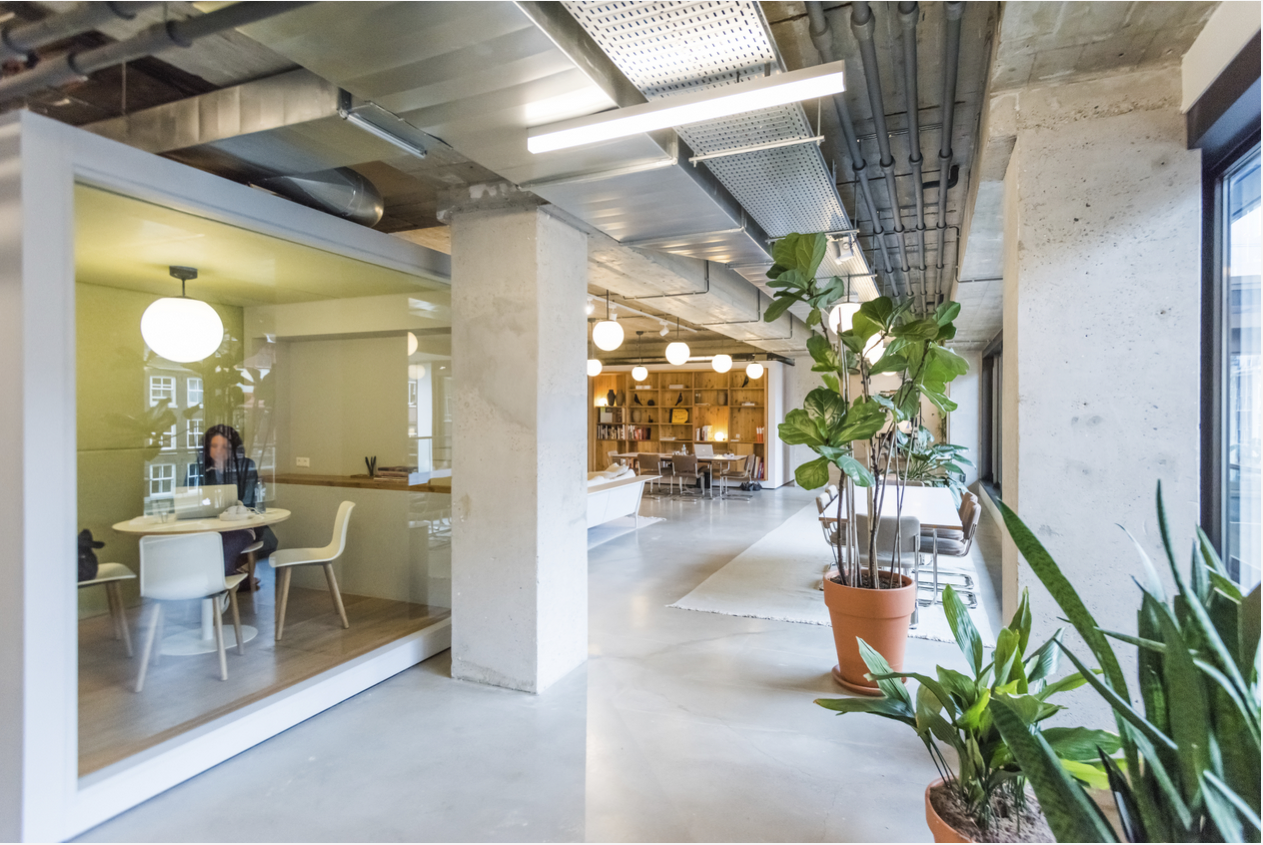In 2023, the office stock in the CEE region grew by 480,000 sqm, over 30 percent down against 2022. Due to the post-pandemic slowdown in construction activity some markets, such as Warsaw and Budapest, recorded a sharp drop in new supply levels as compared to 2022. Deteriorating economic conditions, financial austerity on the occupier side and high financing costs have caused many developers to revise their plans for 2024-25. As a result, all markets will face a significantly lower new supply pipeline. JLL experts, in cooperation with iO Partners, present an analysis of the trends observed in the office market within the countries in the CEE region.
“Over 2023, total volumes of leased space were relatively high, but the take-up structure was dominated by lease renewals. The popularity of this solution resulted from elevated fit-out costs from shell & core standards and more flexible lease terms in currently occupied buildings. Tenants continued to revise their current and future space requirements, which translated into renting smaller units or maintaining the status quo, despite intensive workforce growth plans. Due to increasingly scarce availability of prime quality space, rents across the top of the market will see strong growth in the mid-term, with the highest increases applicable to best-quality, well-located and sustainable spaces,” said Mateusz Polkowski, Head of Research & Consultancy, JLL.
- In Warsaw, after a rather slow start, leasing activity accelerated in H2 2023. As a result, total gross demand in 2023 reached 749,000 sqm. In 2023, developers delivered just over 60,000 sqm in Warsaw, which is in stark contrast to the results of the past few years (200-300,000 sqm). 2024 will be another year with a subdued new supply estimated at around 94,000 sqm.
- In Bratislava, the market is relatively active with 180,000 sqm in 2023, which slightly exceeds the five-year average. The most active submarket is the CBD offering extensive services for employees and generally good accessibility.
- In Budapest, gross take-up reached 461,200 sqm, representing a 19.5 percent increase y-o-y. Net take-up amounted to 238,500 sqm. Lease renewals in the existing stock stood for the largest share of total leasing activity with 48%, followed by new leases with 44%.
- In Bucharest, gross demand in 2023 totaled approximately 409,300 sqm, 44 percent over 2022. However, net demand registered only a 2% increase during the same period, to 182,000 sqm. Renewals and renegotiations accounted for 55 percent of the total transaction volume in 2023, marking an increase from 44% in the previous year.
- In Q4, the Prague office market registered an upswing in leasing activity. Approximately 525,300 sqm of office space was leased in 2023, which is 18% more than the five-year average. Net take-up amounted to 247,300 sqm, showing a y-o-y decrease of 18%.
“During 2024 office demand is expected to register a gradual recovery. Occupiers will continue to upgrade existing facilities and refine space requirements to new work models. The coming years will witness a substantial decrease in new completions across the CEE region. The construction launches largely depend on securing pre-let agreements for at least 30 percent of the leasable area,” commented Blanka Vačkova, Head of Research iO Partners Czechia.
“The data shows that the office market may experience changes in the mid-term perspective. Growing hunger for office space since its bottom in 2021 and decreasing construction activity may visibly influence vacancy in the next 2-3 years. Rents will very much depend on whether the cost of financing and construction will continue dropping subject to decreasing central bank base rates and energy costs,” said Petr Kareš, Head of the Tenant Representation Czechia, iO Partners.







